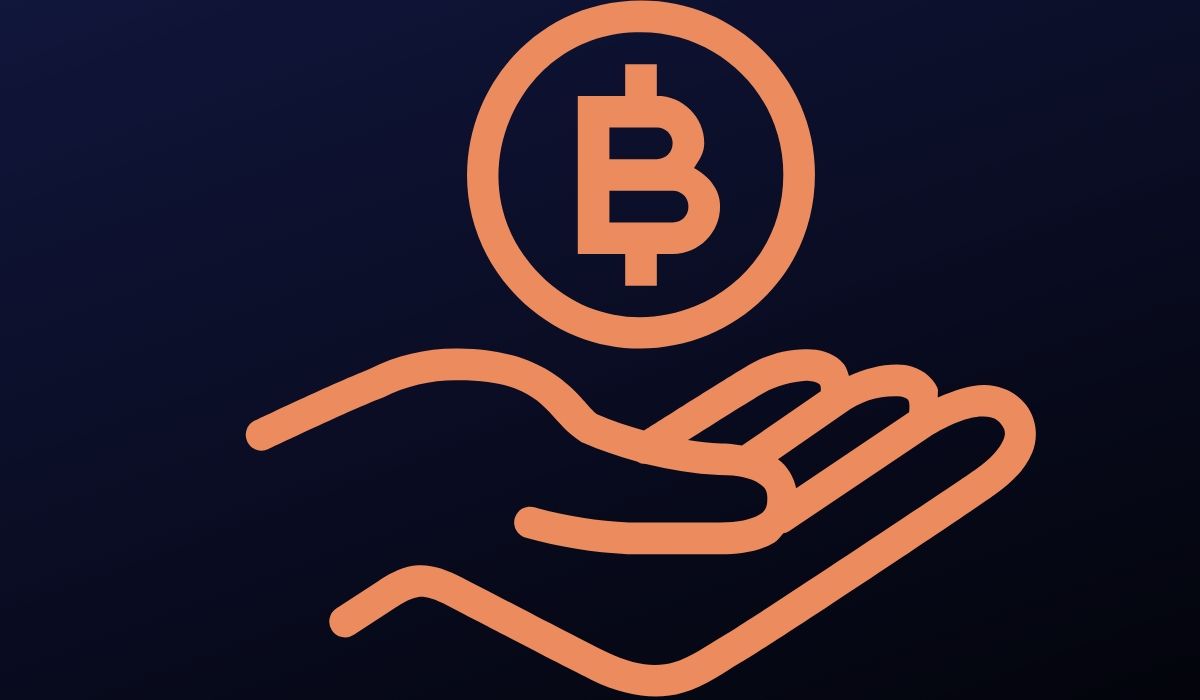MicroStrategy, the world’s largest public Bitcoin holding company, became the latest victim of a phishing scam on Monday, resulting in the theft of over $400,000.
According to sources, the attackers gained control of MicroStrategy’s X account and posted malicious links to a “giveaway” of MSTR tokens. After clicking on the link in the post, users were asked to connect their wallet and request a fake airdrop, enabling the scammers to gain control over the victims’ addresses.
According to on-chain detective ZachXBT, the estimated losses amounted to about $440,000. On the other hand, Scam Sniffer researchers reported that one user lost more than $420,000 in various altcoins. Meanwhile, part of the funds was sent to the wallet of the MicroStrategy account hacker, and the other was sent to two addresses associated with the notorious crypto-hacking group Pink Drainer. At the time of writing, the hacker was holding 62.97ETH values at $192,658 as per data from Etherscan.
Notably, the scam was obvious to some market participants, with blockchain developer Robert Sasu expressing his concerns about the current state of crypto and the ease with which scammers can take advantage of the system.
“The sad reality of crypto. It is so easy to scam people and steal their tokens directly. ERC token standards are not fit for the modern world of finance, it creates a safe haven for scammers. When will the space move onto better standards? It is a must.” He wrote.
Microstrategy has recently announced plans to venture into Bitcoin development and has been a target for scammers due to its profitability and high visibility in the crypto community.
The company’s founder, Michael Saylor, has also sounded a warning about such scams. In January, he revealed that his team works to remove around 80 artificial intelligence (AI)-generated fake videos of him daily, most of which promote some kind of Bitcoin-related scam. In a post on X, Saylor highlighted the large number of deep fake videos found on YouTube, stating that “there is no risk-free way to double your bitcoin, and MicroStrategy doesn’t give away BTC to those who scan a barcode.”
That said, the phishing scam on MicroStrategy’s X account serves as a reminder of the risks and challenges in the crypto space. As the crypto industry continues to grow and evolve, it is crucial for users to stay informed and protect themselves from potential scams and threats by not clicking on suspicious web links.









